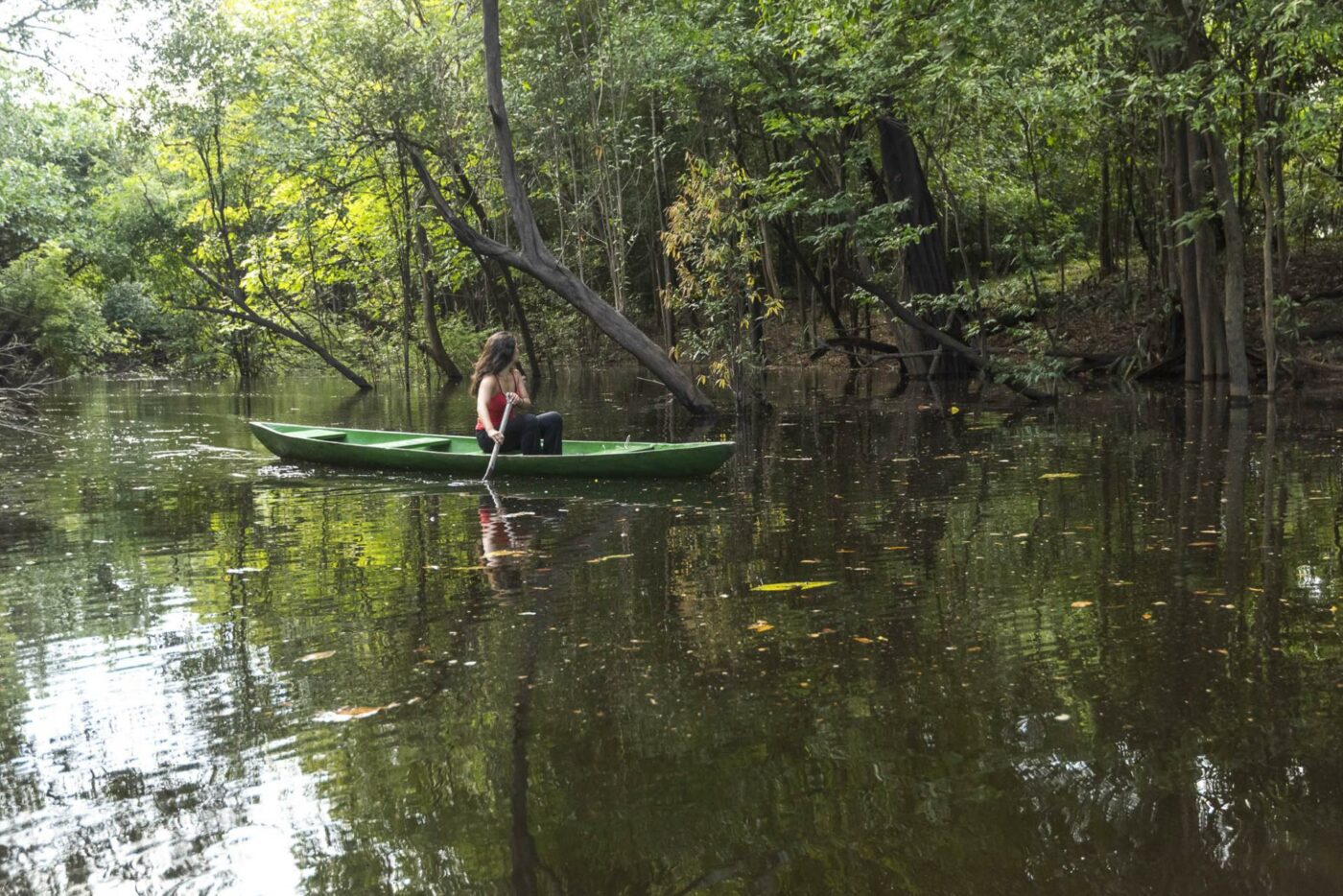Sustainable Tourism in the Brazilian Wilderness: A Delicate Balance

Brazil’s vast and diverse wilderness, encompassing the Amazon Rainforest, Pantanal Wetlands, and the Atlantic Forest, is a playground for nature enthusiasts. As the allure of Brazil’s untamed landscapes grows, the delicate balance between promoting tourism and preserving the ecological integrity of these areas becomes increasingly critical. Sustainable tourism emerges as a solution, seeking to harmonize the economic benefits of travel with the conservation of Brazil’s pristine wilderness.
The Rich Tapestry of Brazilian Wilderness:
Brazil boasts an extraordinary array of ecosystems, each contributing to the nation’s status as a global biodiversity hotspot. From the iconic Amazon Rainforest, known as the “lungs of the Earth,” to the expansive Pantanal, one of the world’s largest tropical wetlands, and the Atlantic Forest with its unique biodiversity – Brazil’s wilderness beckons travelers with its beauty, wildlife, and ecological significance.
Challenges of Uncontrolled Tourism:
While tourism can contribute to local economies and foster appreciation for nature, uncontrolled and unsustainable practices can pose significant threats to the environment:
- Habitat Disruption:
- Unregulated tourism can lead to habitat disruption, affecting the behavior and well-being of wildlife. Nesting sites, feeding areas, and migration routes can be disturbed, impacting the ecological balance.
- Pollution:
- Increased tourism often brings a rise in pollution, including litter, wastewater, and noise pollution, which can degrade natural habitats and harm local flora and fauna.
- Overcrowding:
- Popular tourist destinations may experience overcrowding, leading to soil erosion, vegetation trampling, and an increased risk of wildfires, particularly in ecologically sensitive areas.
- Wildlife Disturbance:
- Uncontrolled access to wildlife can result in disturbances, altering natural behaviors and potentially endangering both animals and visitors.
The Concept of Sustainable Tourism:
Sustainable tourism seeks to address these challenges by promoting responsible travel practices that minimize the negative impact on the environment and local communities. Key principles of sustainable tourism include:
- Environmental Conservation:
- Prioritizing the protection of natural habitats and biodiversity, sustainable tourism aims to minimize the ecological footprint of travelers and promote conservation efforts.
- Community Involvement:
- Engaging local communities in tourism planning and decision-making ensures that economic benefits are distributed equitably, empowering residents and fostering a sense of stewardship.
- Cultural Preservation:
- Respecting and celebrating local cultures is integral to sustainable tourism. This involves promoting cultural sensitivity among tourists and supporting initiatives that preserve traditional practices and heritage.
- Economic Sustainability:
- Sustainable tourism endeavors to create economic opportunities for local businesses, ensuring that revenue generated from tourism benefits the community and contributes to long-term economic stability.
Successful Models of Sustainable Tourism in Brazil:
Several initiatives in Brazil exemplify the positive impact of sustainable tourism:
- Community-Based Lodges:
- Lodges owned and operated by local communities offer an immersive and authentic experience for travelers while directly contributing to the economic development of the region.
- Guided Eco-Tours:
- Knowledgeable guides lead eco-friendly tours that prioritize wildlife conservation and minimize disturbance, fostering an educational and respectful approach to nature exploration.
- Certification Programs:
- Certification programs, such as Rainforest Alliance and Travelife, encourage businesses to adhere to sustainable practices, providing a framework for responsible tourism.
- Protected Areas and Reserves:
- Establishing and maintaining protected areas, where tourism is carefully managed, helps preserve fragile ecosystems and offers visitors an opportunity to appreciate nature responsibly.
Balancing the allure of Brazil’s wilderness with the imperative to protect its ecosystems is a delicate task. Sustainable tourism emerges as a bridge, connecting the economic benefits of travel with the preservation of natural wonders. By embracing responsible practices, fostering community involvement, and celebrating the rich cultural tapestry of Brazil’s wilderness, sustainable tourism can be a driving force for positive change, ensuring that the beauty and biodiversity of these landscapes endure for generations to come.

